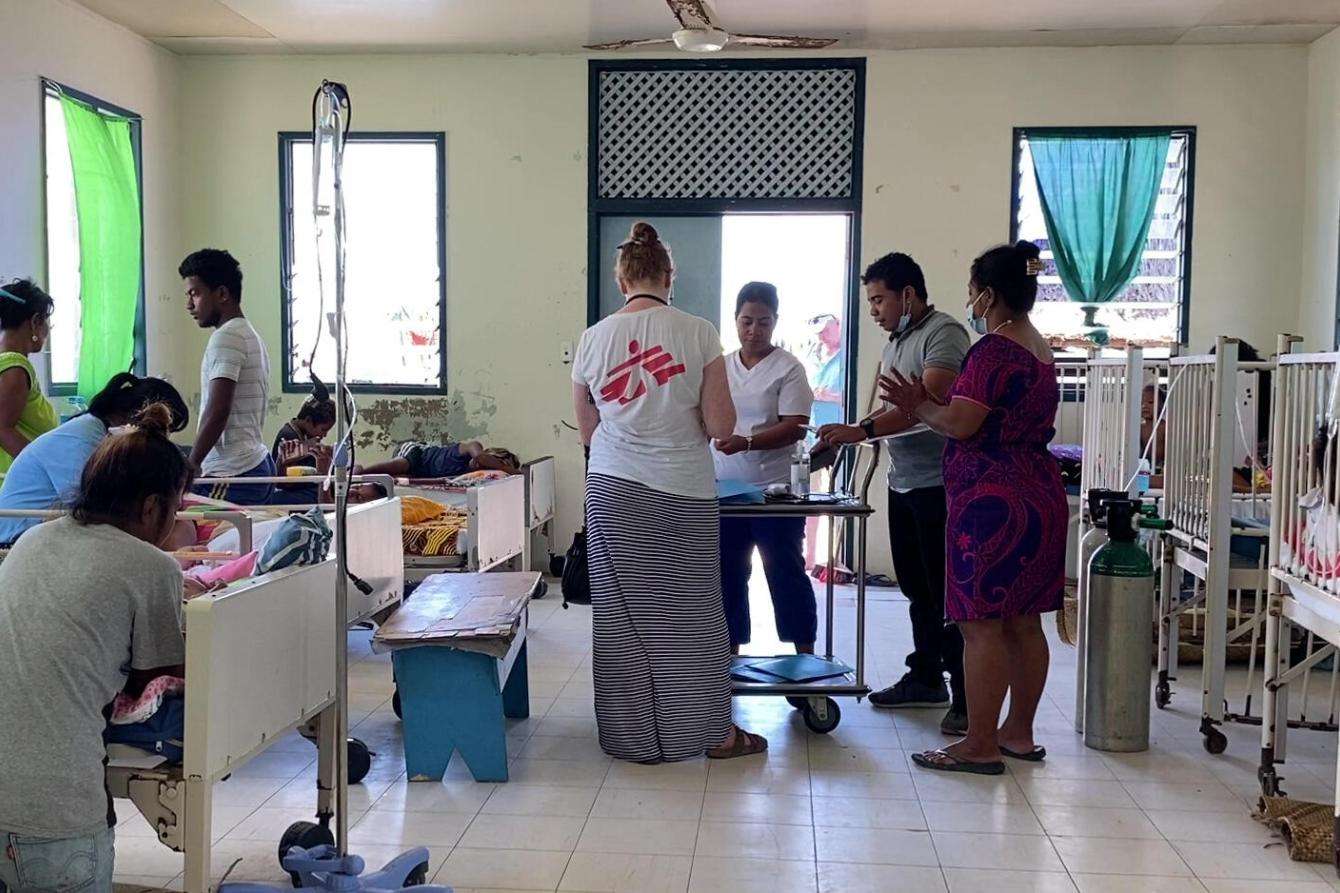
Access and Services: Healthcare in Kiribati
mashupch
- 0
mashupch.com – Kiribati, an island nation in the central Pacific Ocean, faces unique challenges in providing healthcare services due to its remote location and limited resources. Despite these challenges, the government and international organizations are working to improve access and quality of healthcare services for its citizens.
Access to Healthcare Services
Kiribati’s healthcare system is primarily managed by the Ministry of Health and Medical Services (MHMS), which operates a network of hospitals, health centers, and clinics across the country. Health services are delivered free of charge through this network, which includes four hospitals, 30 health centers, and 75 clinics. This system aims to provide accessible, efficient, and effective health services to the population.
The World Bank is supporting Kiribati’s commitment to advancing Universal Health Coverage (UHC) to ensure that all citizens, known as I-Kiribati, can access health services when needed. This includes upgrading the health information system and increasing access to telehealth services, as well as funding the purchase of sea ambulances to improve emergency medical services.
Challenges and Improvements
One of the major challenges facing Kiribati’s healthcare system is the limited availability and quality of services due to the island’s small size and remoteness. The country also suffers from unsafe drinking water and high child mortality rates, which contribute to the overall health challenges.
To address these issues, the Kiribati Health Strategic Plan 2016-2019 aims to improve access to high-quality comprehensive family planning services and maternal health. The plan also focuses on delivering safe, quality health services to support a healthy population.
Future Outlook
The future of healthcare in Kiribati looks promising with ongoing efforts to improve access and quality of services. The World Bank’s support in advancing UHC and the upgrades to the health information system are expected to significantly enhance the healthcare infrastructure and services available to the population.
In conclusion, while Kiribati faces significant challenges in providing healthcare services due to its remote location and limited resources, the government and international organizations are actively working to improve access and quality. These efforts are crucial in ensuring that all I-Kiribati can receive the necessary healthcare services to lead healthy lives.


